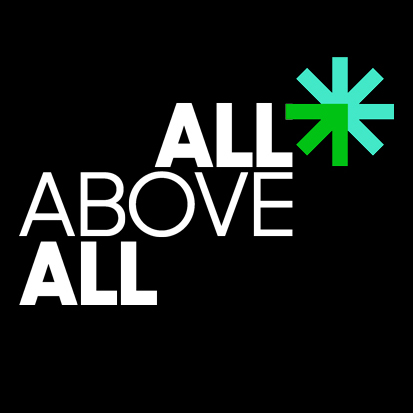Long before this summer’s Supreme Court decision overturning Roe v. Wade, people of color working to make ends meet have encountered numerous obstacles to abortion access. Decades of restrictions – including insurance coverage bans, bans on medication abortion, inhumane policies that target immigrants, and more have pushed abortion care out of reach even in states where it’s legal.
The Hyde Amendment is a decades-old federal policy that prohibits people enrolled in Medicaid from using their health insurance to cover abortion care. It’s one of many policies rooted in systemic racism that denies the humanity of people of color. While Congress and the Biden Administration have taken major strides to end it, barriers remain.
Medication abortion care, though safe and effective, has been banned in 19 states by anti-abortion politicians who ignore scientific evidence. And even in states where medication abortion is available through video or phone consultation, not everyone has equal access due to lack of technology and wifi service.
Immigrants and undocumented people are also disproportionately impacted by structural barriers that force many of them to forgo reproductive care due to fears of criminalization, or experience coercive care, such as forced hysterectomies at detention centers. With in-state immigration checkpoints that target undocumented people and immigration detention facilities that continue to violate immigrants’ human rights, folks are left with little recourse under state-sanctioned violence.
These and other harmful restrictions have forced people to carry pregnancies against their will, robbing them of their dignity and the ability to control their lives, bodies, and futures.
Now that the Supreme Court has overturned Roe and allowed states to ban abortion entirely, we face the worst abortion access crisis in decades. As abortion rights are decimated across the country, the impact falls hardest on those working to make ends meet, especially Black, Indigenous, and other people of color.
At All* Above All, a catalyst for abortion justice, we understand that because the barriers to abortion are compounded by race, immigration status, and economic injustice, our solutions must boldly embrace intersectional solutions.
Under our new Action Plan for Abortion Justice, we propose solutions to ensure abortion care is:
- available without unnecessary hurdles or stigma for people of color working to make ends meet, young folks, LGBTQ and non-binary people.
- available for immigrants of any documentation status without fear of deportation or detention.
- available in our communities.
- provided in ways that are comfortable and make sense for people, as a procedure or medication abortion.
- affordable for all.
The road ahead is long, but we’re committed to bold action as we rebuild. With our 150 partners, we urge elected officials at every level – from the White House and Congress to governors, state legislators, and local policymakers – to enact concrete, bold action plans for abortion justice, now.
The Action Plan for Abortion Justice will ensure that people have the freedom to get the abortion care they need. We won’t stop until this is a reality for all – today, tomorrow, and forever. Now more than ever, we know that abortion justice can’t wait. Join us.


